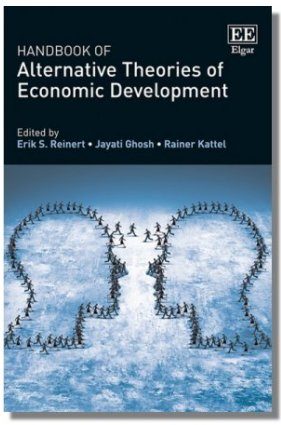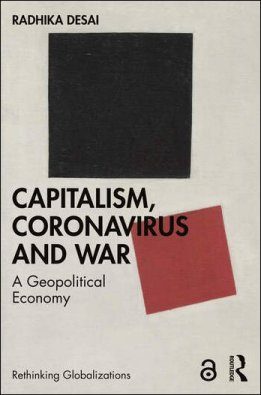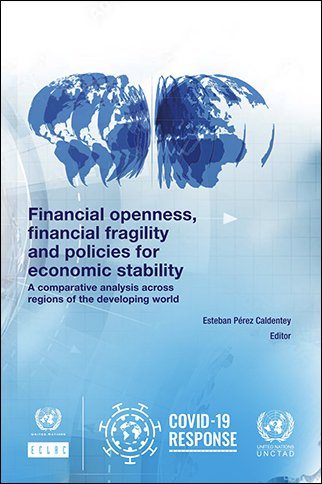Publisher: Third World Network Year: 2023 No. of pages: 42 Download now About the Book…
What Can We Learn from Alternative Theories of Economic Development? Ingrid Harvold Kvangraven

As people across the world are struggling to understand the rise of Trumpism, anti-establishment and anti-free trade movements, Erik Reinert (Tallinn University of Technology), Jayati Ghosh (Jawaharlal Nehru University) and Rainer Kattel (Tallinn University of Technology) have put together an impressive Handbook of Alternative Theories of Economic Development that can help make sense of what’s going on. As the field of Economics has become increasingly narrow since the 1970s, many important scholars and theories have been excluded from the field, and since forgotten. This Handbook presents rich historical accounts and ideas that can help explain economic and social development, and is a much needed attempt to correct for the existing biases in the field of Economics.
The Biases in Economics
In addition to the strong bias towards Neoclassical Economics, the editors also identify Eurocentric and Anglophone biases in the field. The linguistic bias can also be found in the history of thought, as scholars who did not originally write in English tend to be squeezed out of historical accounts of economic ideas. For example, while only 18 out of 62 (29%) influential economic development books (books that reached more than 10 editions) in 1850 were written by scholars from the United Kingdom, in the history of economic thought chapter of the Handbook of Development Economics (1988) published by two World Bank economists, all the references are to works originally written in English by people living in the UK, with the exception of Irish born Richard Cantillion, who wrote in French.
The linguistic and geographic dominance that economists wrongly attribute to the past is unfortunately very much the case today. According to Google Scholar, the top ten most cited economists are based in just a handful of US schools, with the exception of Jean Tirole at Toulouse, France. Paradoxically, the Economics field has become more geographically and linguistically concentrated, despite globalization. The chapters in the Handbook address this bias by including authors from across the world, as well as chapters dedicated to schools of thought with non-Western origins, including China, India, Latin America and Africa.
To read more Click here >>



